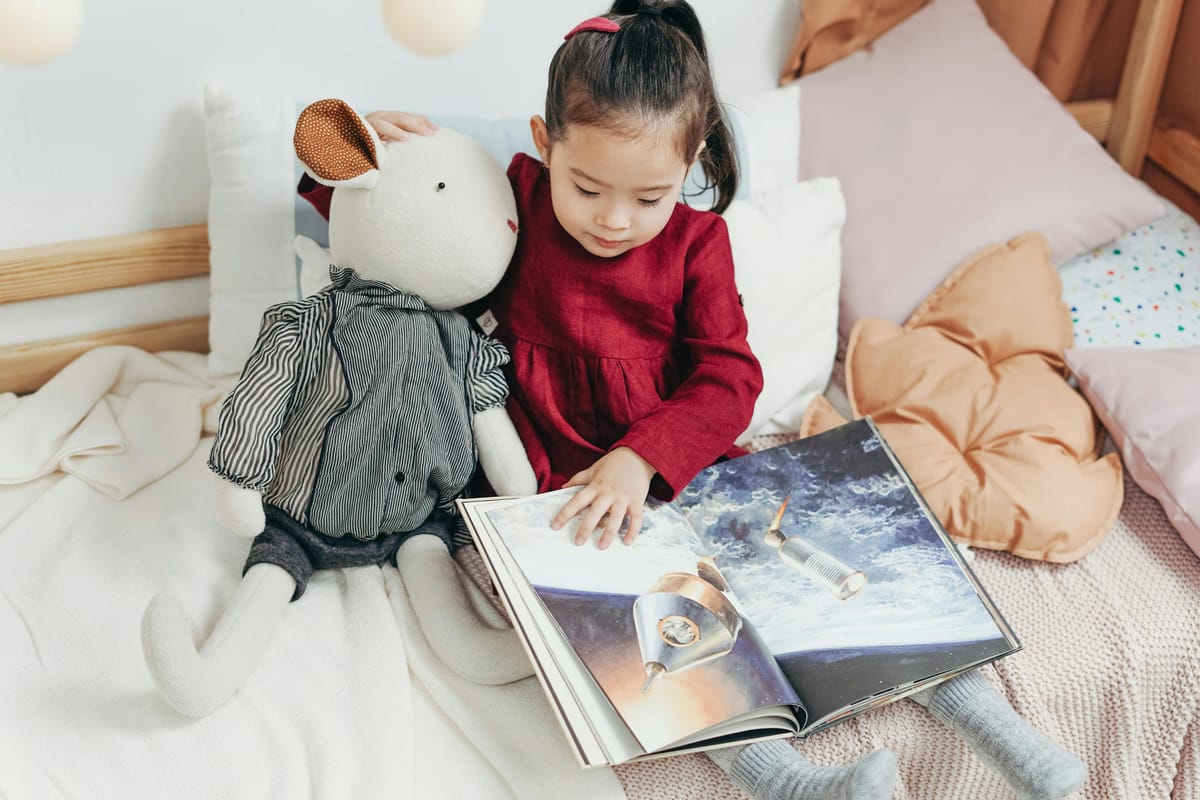How Play Builds Emotional Intelligence in Young Children

“No, it’s mine!”
As soon as my three-year-old grandson Micah entered the play area, he grabbed a red dump truck and held it tightly. Another little boy reached for it, and a mini tug-of-war broke out. I held back the urge to step in immediately, curious to see what would happen. After a moment of glaring and pulling, Micah paused, looked at the boy, and said, “You can have a turn, but I go first.”
It was a small moment, but one that made me smile. Micah had just displayed emotional intelligence: he recognized his feelings, managed them (just enough), and related to another child’s desire.
What Is Emotional Intelligence?
Emotional intelligence (EQ) is the ability to:
- Recognize and name one’s own emotions
- Manage those emotions in healthy ways
- Understand others’ feelings (empathy)
- Build positive relationships
It’s important to note that young children do not learn these skills from lectures or worksheets. They learn them through play and by observing emotionally attuned adults.
How Does Play Build EQ?
Every day, play offers powerful lessons in emotional growth. Here’s how:
1. Play Teaches Self-Awareness and Self-Regulation
Through play, children naturally experience emotions of joy, frustration, excitement, and disappointment. Whether they’re struggling to stack blocks or losing a game of musical chairs, play provides opportunities to practice recognizing and managing their emotions.
In imaginative play, they act out roles, a baby, a bossy big sister, a superhero, testing how it feels to be “in someone else’s shoes.” Even simple dress-up games allow them to process emotions like fear, control, or strength.
A 2020 study in the Early Childhood Education Journal found that preschoolers who frequently engaged in imaginative play showed higher levels of emotional understanding and could more accurately label emotions in themselves and others¹.
2. Play Builds Empathy and Social Skills
During group play — in pretend kitchens, with LEGO, or even rough-and-tumble games — children practice navigating relationships in real time. They:
- Negotiate roles (“You be the baby, I’ll be the mommy”)
- Deal with conflict (“You pushed me. I’m not playing anymore”)
- Make amends (“Sorry, want to play again?”)
Children who engaged in cooperative, child-led play are typically more empathetic and better able to understand others’ points of view². Through this give-and-take, they develop theory of mind, the ability to understand that others think and feel differently than they do.
3. Play Encourages Emotional Expression in a Safe Space
Not every child is ready to talk directly about their feelings, but give them a puppet, a dollhouse, or a box of crayons, and watch their actions as a story unfolds.
A child might:
- Create a sad puppet
- Punch the teddy when angry
- Draw someone crying
These outlets are healthy, safe, and creative ways to express and process emotions.
So, What Can Adults Do?
The next time your child is playing, try this approach:
- Observe with curiosity — What emotions are surfacing?
- Name feelings gently — “You look frustrated” or “That made you really happy!”
- Offer tools — Puppets, emotion cards, or costumes can deepen expression.
- Model calmness — Children “mirror” the emotional tone of nearby adults.
Finally
Emotional intelligence is not something we teach once and check off a list. It’s a lifelong journey and play is the earliest and most natural classroom.
Micah didn’t learn to share that truck in one day. But every playful moment nudges children toward becoming emotionally aware, compassionate, and resilient.
And that’s a lesson that will outlast any toy.
Footnotes:
- Yoder, N. P., & Williford, A. P. (2020). The role of play in supporting emotional development in preschool classrooms. Early Childhood Education Journal, 48(5), 569–578. https://doi.org/10.1007/s10643-020-01035-5
- Whitebread, D., & Basilio, M. (2012). The importance of play: A report on the value of children’s play with a series of policy recommendations. Toy Industries of Europe.